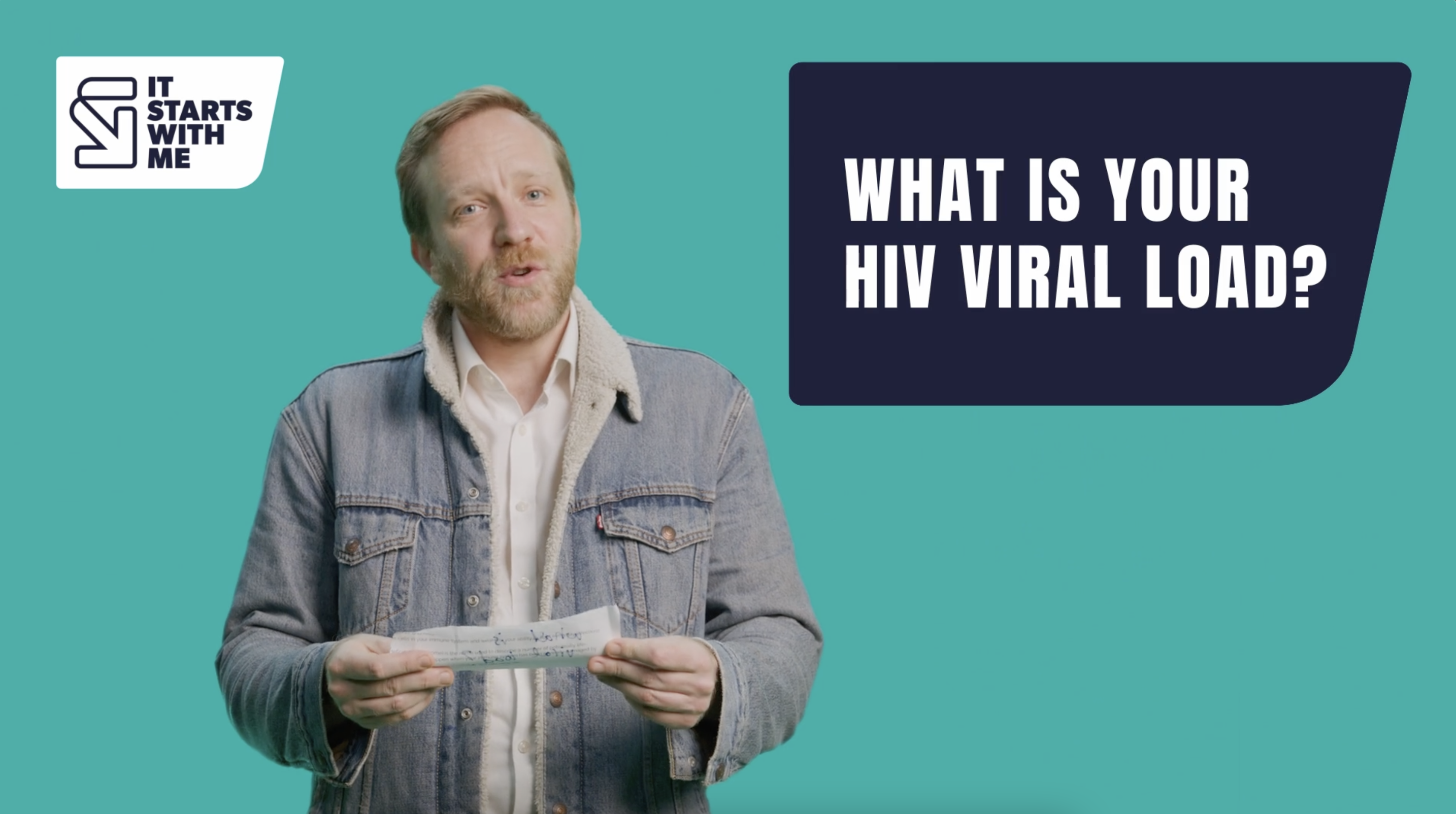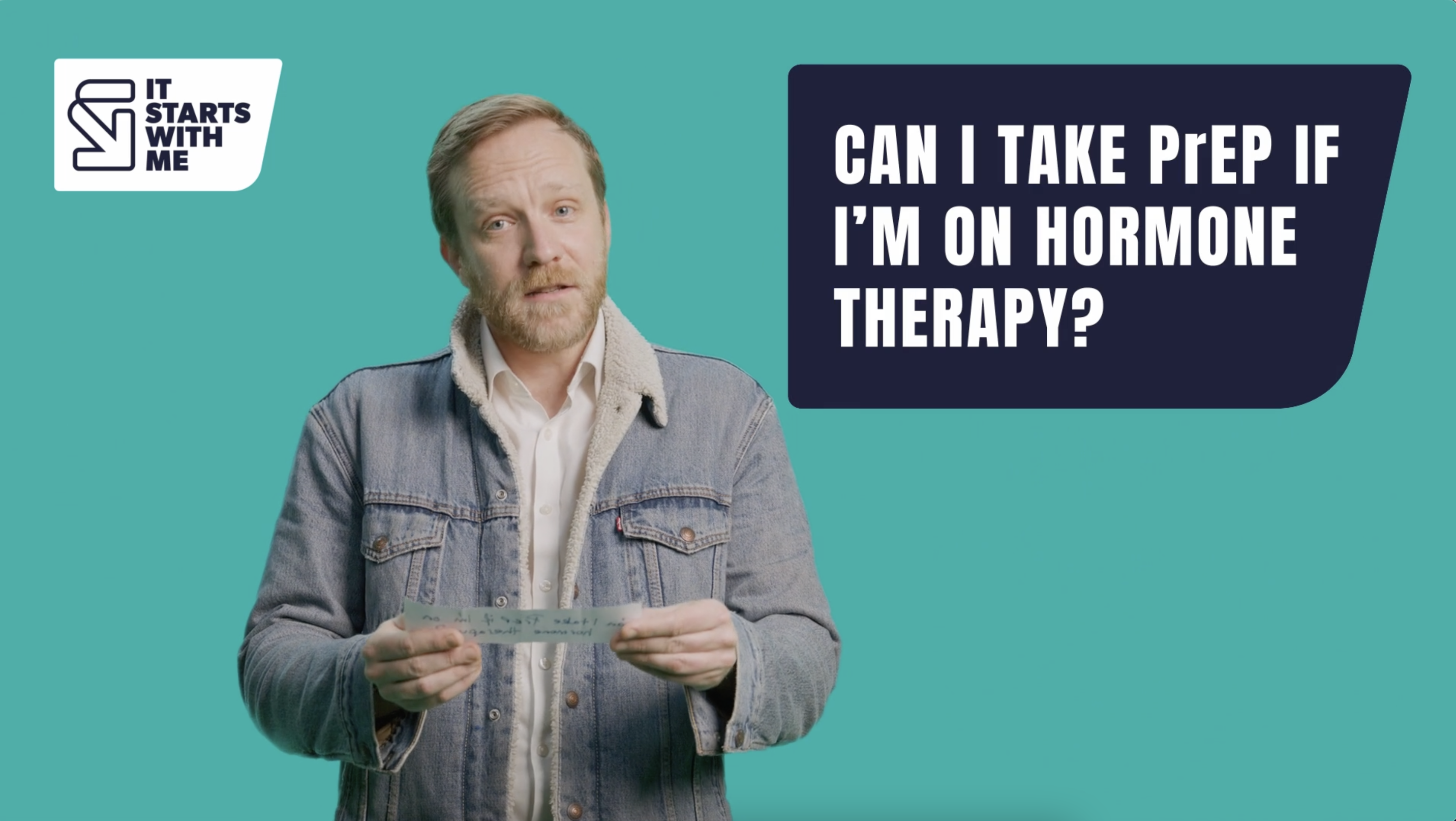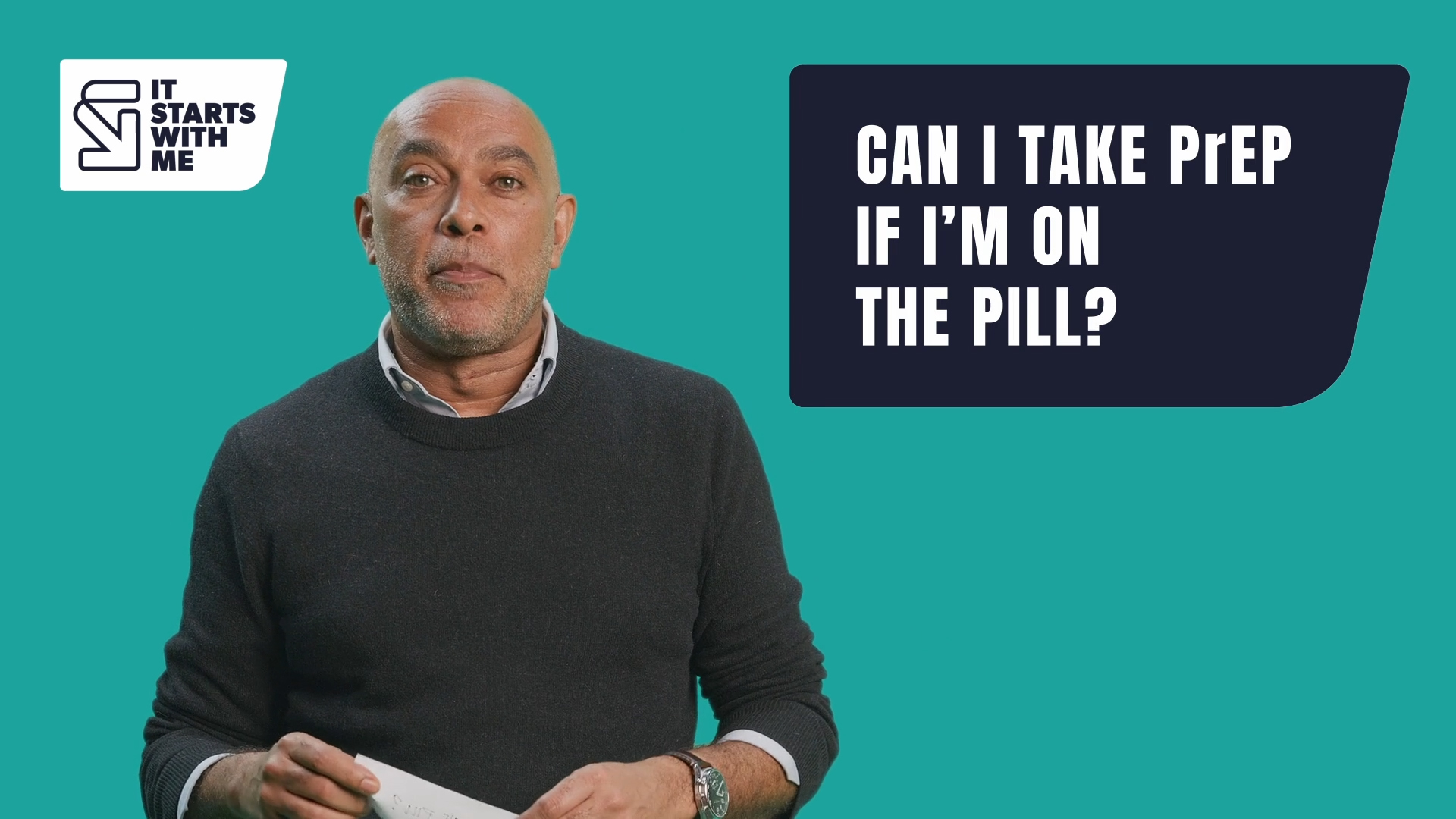
Why would I need to test for HIV?
You may not think you are at risk of getting HIV. You may not be part of one of the communities that is more affected by HIV, or you may think you have left all that back home and that here in the UK, HIV only affects white gay men. HIV can and does affect people from all communities and all walks of life, men and women, gay, straight and bisexual, trans, non binary and cisgender.
Many people think that they don’t need to test for HIV because they are in a relationship. Thing is, people have tested positive for HIV while they are in monogamous relationships. This could be because someone was HIV positive and didn’t know it before they entered that relationship, or that they or their partner had sex with others outside of that relationship and acquired HIV that way.
Thinking you are in a monogamous relationship doesn’t guarantee you will remain HIV negative. People make mistakes and choices in life that may be difficult to talk about with their partner.
No-one really thinks they are going to get a life-long condition. Really bad stuff related to our health won’t happen to us, will it? People rarely think they will get HIV, cancer, or diabetes but sometimes life happens. As HIV will have more impact on you and your health the longer it goes untreated, it’s good to get tested and know your own status. You then have control. If you are HIV negative, you can still use protection to stay negative. If you are HIV positive, you can go on treatments and live a long and healthy life.
We know that new cases of HIV are driven by people who don’t know they are HIV positive. The more people who test, the more likely it is that we test people who do not know they are HIV positive.
Linda E said: ‘Growing up, I’m ashamed to admit I believed all of the rumours I had heard about HIV. I thought it was a death sentence and something you got from careless behaviour. I completely changed my opinion after I was offered an HIV test by someone who was promoting National HIV Testing Week in a supermarket. She told me to forget what I had heard about HIV and that actually, you can live a long, healthy life with it.
‘She was taken aback when I said yes to being tested, because every single person she had asked before me said no. I couldn’t believe this. There is nothing more important than your health – we will test for other viruses and illnesses, but the fear around HIV stops many from taking a test.
‘I know it can be scary taking an HIV test, but it's better to know if you have HIV because then you can do something about it. Most HIV tests come back negative, but if it doesn’t, there’s support available to help you to process the change and medication to help you live a healthy life – that includes having children free from HIV. But the first step is getting it done.’
Some people still think that HIV is a ‘gay condition’, and not something that can affect anyone, gay or straight. For the last two years, figures for new HIV transmissions in England (2021 and 2022) have shown that more people who are straight than gay have tested HIV positive. Many of them never thought about HIV let alone testing positive, and because they didn’t think they were at risk, they were tested late and often in situations where they had less control over finding this out. Testing and being diagnosed late can have a worse effect on your health than if you test early on.
Testing and testing regularly helps identify new infections sooner, stopping people passing on HIV unknowingly. This helps people get onto treatments and stay healthy.
Ignoring things and not testing does not mean you are not HIV positive – it just means you don’t know for sure. Not knowing also means you can’t do anything about it. You also can’t know your own HIV status from your partner’s status, the only way to know is to be tested yourself.
It’s always better to know the truth around your status. It’s your health, and that’s important.
Everyone should test at least once in their lives. It’s sensible to test at the start of any new relationships you have.
If you have multiple partners in a year, whoever you sleep with, it’s recommended to test yearly, or better still, every three months if you are a man having sex with other men.
Testing is free, confidential and easy, whether you use a sexual health clinic, a GP – or prefer the convenience of an ‘at home’ test kit.
Commonly Asked Questions
Experts answer your questions on HIV, STIs and sexual health.
Stories
Other people’s lives and experiences can help us learn about ourselves, and how we can be part of the generation that stops HIV. A range of people share their stories and experiences on HIV, STIs and sexual health.












